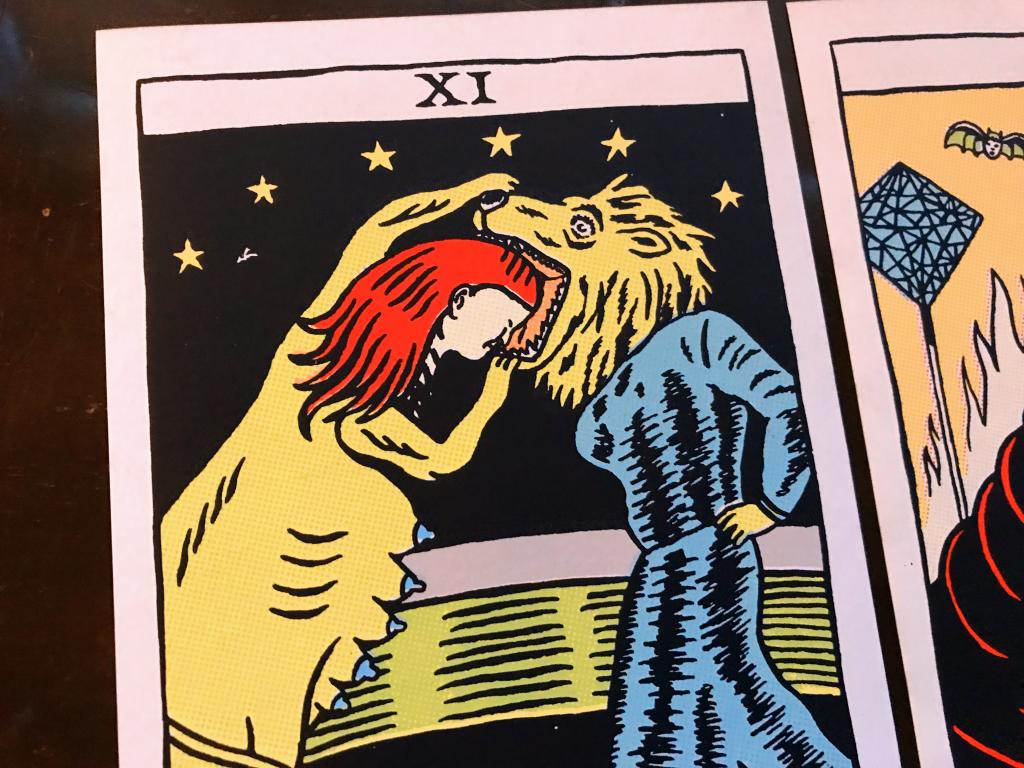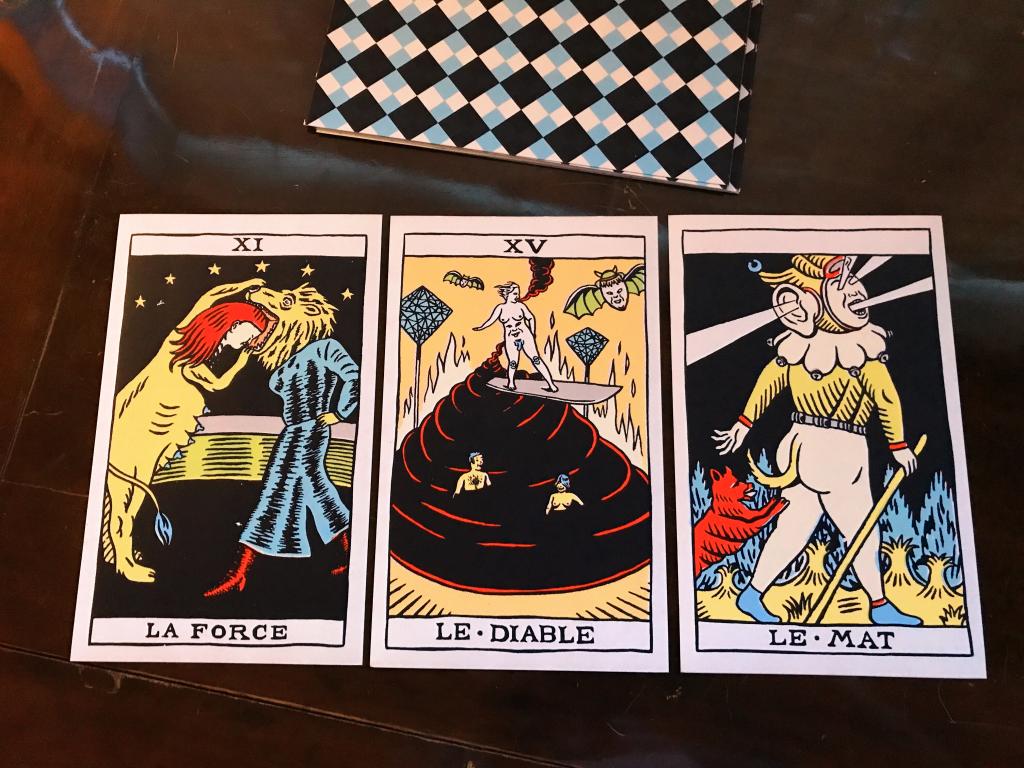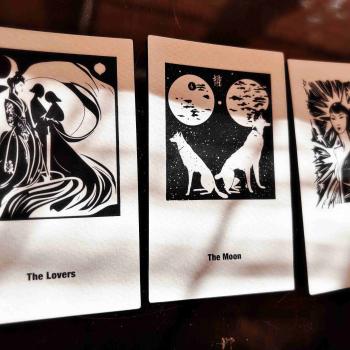
In Zen parlance, because one knows about the effects of language in the construction of any emotion, one points to the need to get beyond it. Sometimes this is not so easy to understand when it comes to practice. How do you move beyond language, many want to know, thinking of language as something like a monolith, hard to move or wrestle with.
But here’s how I understand it, especially the connection of language to emotion. Let me exemplify it with an illustration that I’m sure you’re familiar with from the world of marketing and advertising. It’s a good one.
‘Hello [insert name], today we’re going to talk about your lizard brain and how it makes you fear things. But the reality is that fear is irrational, a trick of the mind that fucks with you, and I’m here to tell you that you’re beyond being fucked. Sign up to my master program and I’ll give you all the secrets to just what being beyond fuckery means.’
Now, as it happens, the lizard brain picks up on the direct address, and before you know it, Carmen, Satan, and Amore are now all enrolled in the new course. Not only that, but they feel like they belong. They feel seen, their fears are validated and now also taken care of. Hallelujah!
We call this falling for grammar, for you see, in grammar ‘hello, [insert name]’ is called using the vocative case, that is to say, using the direct name, rather than the more generic, ‘you.’ In other words, nothing personal. These days the vocative case is widely used by robots, though Carmen, Satan, and Amore love nothing more than to not think about that, as, after all, behind the generic email they each get, there’s the tone of care and personalization. The robot impersonating the sender’s feelings of love is not kidding at all. We’re here with a community invested in the language of thoroughly constructed emotions, and there’s nothing anyone can do to move that monolith.
So to the point. You move beyond language when you stop buying the clichés behind mechanisms of identification. There is no [insert name]. There is no secret that [insert name] has to impart to you whose unveiling your lizard brain doesn’t know already. The obvious is not obscure. The obvious is obvious. If you can’t see it, dear reader, then it’s because you made a preferential choice for the vocative. You just like it when mass emails address you by your name, because your name is the first thing that lends you an identity. And you need identity. You’re convinced that you do. And your convictions are not to be messed with. They’re even tougher than the other monoliths mentioned here.
Therefore it works even better when the robot addresses you in the language of fuckery that’s intended to make you feel like you belong to the community of the brave. You will note that you get all giddy in the flesh when the sender of love letters addresses you as a ‘beloved motherfucker,’ a ‘mean witch,’ or some other ‘bad ass.’ Obviously you’re not with the weak here. You belong here and you believe this is the truth.
You get beyond language when you stop thinking that any address, not just the vocative, has anything whatsoever to do with you. Even the appellative in an interpellation, ‘you, there, [insert name optional], get over here,’ has nothing to do with you. Addresses such as these are called ‘language that appeals to both fear and desire’ – oh, we so want to hear others say our names, and by Jove, how we fear authority…
You get beyond language when you get over your emotions. If you don’t think this is possible, because you happen to belong to the group that is convinced that emotions are everything – a big inner blob of defining ‘soul-content,’ rather than what emotions actually are, namely the form language takes according to invested interests – then I suggest this practice: every time you feel an emotion, start visualizing the words that go into describing it in square brackets.
Or get your cards on the table and start looking at pictures. As an example of how you may contemplate the nature of emotional language, I thought of using Tarot de Mars by Le Dernier Cri. The cards I got are apt: Force, the Devil, and the Fool made an appearance.

‘I’m biting your head, Fool,’ the Wolf dressed as a lion says to the one who identifies with the words in her mouth. ‘I’ll take you for a ride on a pile of shit.’ If the Fool realizes what kind of ‘cool’ emotions are expletive here, she will turn around and leave this wold of ‘fun.’ Its empty words can enter and exit the head like beams of light, leaving the Fool unaffected. ‘Blah, blah,’ then says the Fool, merry on her way: ‘catch me if you can…’
Mind your words and drop the others’ vocatives, especially if they are followed by crap promises. They have a function that doesn’t serve you, no matter how hard you’ll try this merde to fit your self-image.
♠
My 15th book in the Philosophy and Practice of Divination category is now available from EyeCorner Press: Tarot for Romeo and Juliet: Reflections on Relationships.
For more such practice with the cards, join the Read like the Devil Practice Club. Visit also Aradia Academy and sign up for the newsletter that will keep you informed on upcoming courses and cartomantic activities. Note the Off the Shelf offering that also includes free resources.
















